Hope in Kigali
How one step could avoid 0.5°C of warming
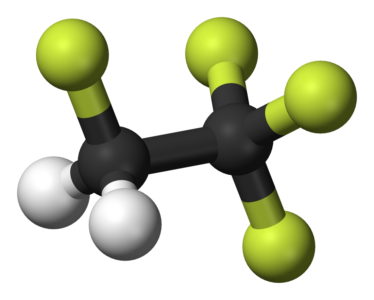
Today, with what could be very little fanfare, the world may take one of its largest steps yet to avoid the worst impacts of climate change, all by phasing out a little-discussed chemical used in refrigeration and air conditioning – hydroflourocarbons. Hydrofluorocarbons, or HFCs, are considered a “short-lived climate pollutant” or “super climate pollutant,” a category of pollutants that do not stay in the atmosphere nearly as long as CO2, but that have many times CO2’s warming effect. HFCs are a particularly potent climate pollutant – over a 100-year time span, they can have a greenhouse impact up to 14,800 times that of CO2. Use of HFCs has grown 258% since 1990 because they serve as the main substitute for chlorofluorocarbons (CFCs) as refrigerants and aerosols after CFCs were phased out due to their impact on the ozone layer. A cautionary tale of jumping out of the frying pan into the fire if there ever was one.
However, the Montreal Protocol may come to the rescue and prove that international cooperation on climate change is still possible. Representatives of almost the almost 200 parties to the treaty are meeting in Kigali, Rwanda this week to negotiate an amendment that would set a date for freezing production of HFCs, and schedule the subsequent phasing out of their use. Considering that the IPCC projects that demand for air conditioning will grow by a factor of 33 by then end of the century (ironically, due in no small part to climate change itself), acting now to stem the use of HFCs could prevent an increase in global average temperature by 0.5 degrees Celsius. This would be a crucial step in keeping total global warming below 2 degrees Celsius.
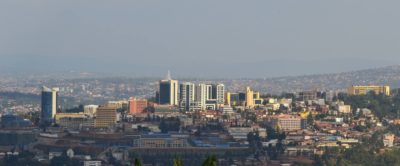
So how do avoid repeating our mistake with CFCs, and using a substitute that causes another environmental harm? Well, also ironically, one of the main “natural refrigerants” proposed to replace HFCs is plain-old CO2. The technology already exists, which has prompted scientists to call for a short phase-out timeline of 5-10 years. Developing countries such as China and India, however, are pushing for a longer timeline, closer to 15 years, claiming that their chemical industries need time to adjust. But even a slight delay could jeopardize meeting the Paris goal of 2 degrees Celsius. Secretary of State John Kerry, speaking in Kigali this afternoon, noted that
Every day we move up freeze dates, every hour we accelerate phasedown, every bit of HFC consumption reduced makes a difference. I believe we recognise it’s time to meet this global threat with seriousness it demands and address it boldly, now[.]
Kerry has attempted to reassure developing countries about the shorter phase-out timeline, promising that the U.S. would provide $27 million toward implementation in 2017, and that private donors would add to that for a total of more than $50 million. We shall see if that was enough to assuage hesitant parties, and that countries will seize this opportunity to make the biggest dent yet in our GHG reduction goals.




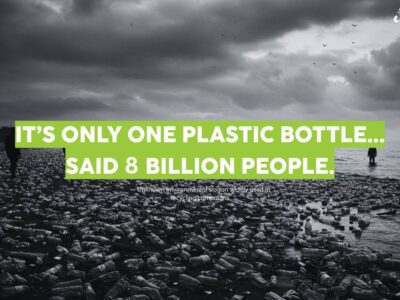
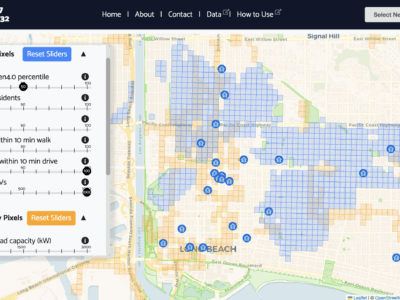
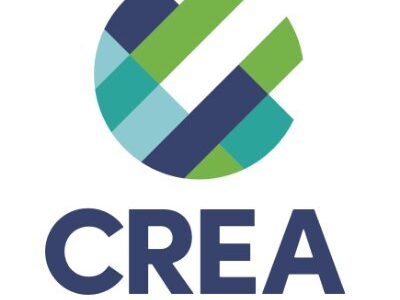
Reader Comments